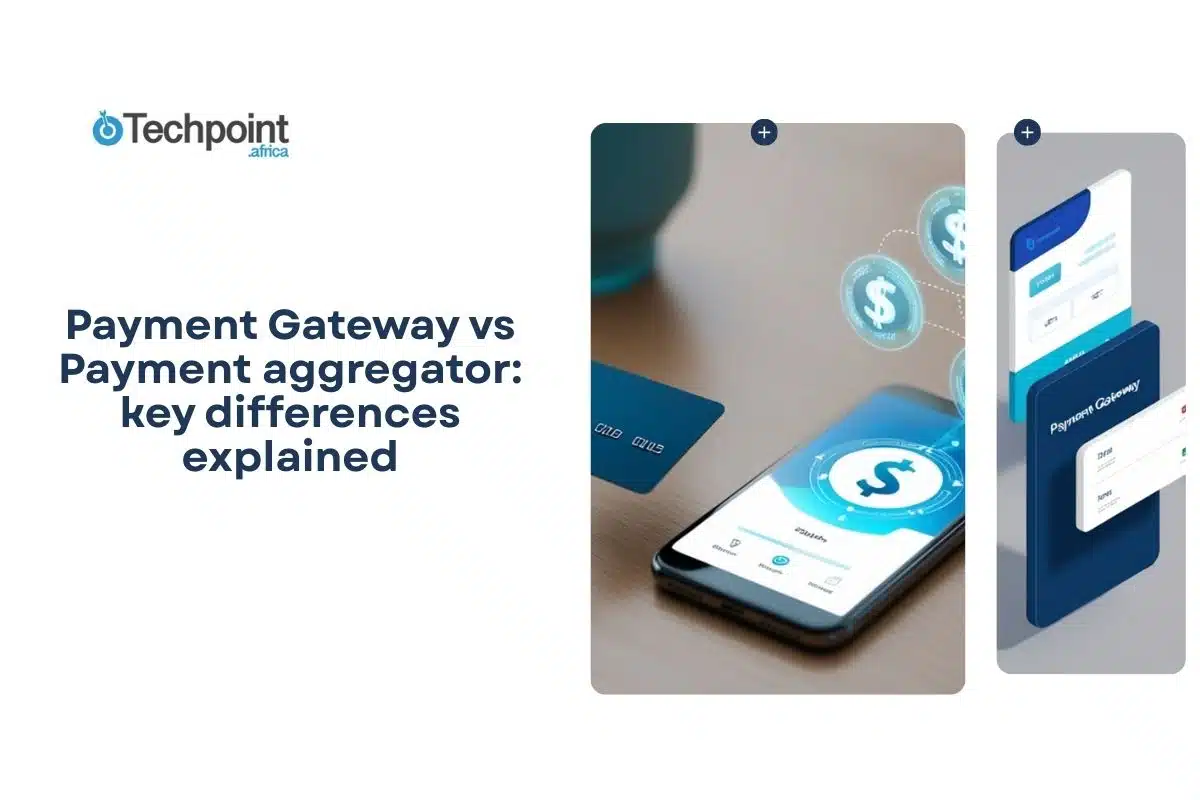Now in his fifties, Oluwayemi Ezekiel, a Nigerian accountant, remembers the Nigerian Postal Service (NIPOST) as once a mainstay in Nigerian households for stamps, parcels, and postal orders.
Ezekiel says the same agency once synonymous with envelopes and P.O. Boxes is now positioning itself as a player in the high-speed, tech-driven International Money Transfer Operators (IMTO) sector.
“It is almost ironic that NIPOST, which was once seen as the face of bureaucratic delay, is now racing into the fast lane of global digital payments.”
But in an age where trust and infrastructure arguably matter more than speed or hype, he queries, “Is NIPOST’s leap into fintech a bold reinvention or a case of the tortoise straying onto a racetrack built for hares?”
In a recent interview on Channels TV, Tola Odeyemi, the Postmaster General and CEO of NIPOST, said the service had renewed its licences with the Central Bank of Nigeria (CBN) and paid some fines to begin delivery of financial services after about eight years since the business was shut down.
According to her, “NIPOST has two licences, a Super Agents licence as well as an IMTO licence. Unfortunately, something had happened with that IMTO licence, and it was shut down for about seven or eight years.”
“But last year, we were able to pay off all the fines, and it’s now back up,” she said.
The post office reimagined
For older Nigerians, NIPOST evokes nostalgia. It was where letters were mailed and family members received Western Union money transfers before the introduction of mobile banking. It served as a symbol of government presence in remote villages, connecting people to the world. However, for many younger Nigerians, NIPOST is somewhat dismissed as outdated and inefficient.
NIPOST is now rebranding itself before young and old, entering into the IMTO space, aiming to bridge the gap between the past and the future, and cementing trust and infrastructure with innovation and financial technology. So, why now?

Victoria Fakiya – Senior Writer
Techpoint Digest
Stop struggling to find your tech career path
Discover in-demand tech skills and build a standout portfolio in this FREE 5-day email course
Africa’s legacy institutions are stepping into fintech, blending tradition with innovation to drive financial inclusion.
One motivation behind this pivot may be the need to diversify revenue as postal agencies reinvent themselves.
In a bid to support national goals in bringing more Nigerians into the formal financial system, especially in underserved areas, championing government policy and financial inclusion is not far-fetched. Another reason, as identified by tech ecosystem analysts, could be diaspora remittances, seeing how Nigeria is ranked Africa’s top remittance destination.
NIPOST’s value proposition
Unlike newer fintech startups, NIPOST brings a physical nationwide presence with over a thousand post office locations that could serve as financial service hubs. NIPOST’s value proposition is found in accessibility, where rural and underbanked communities are provided with reliable means of receiving foreign remittances, cashing out digital funds, or interacting with financial services in a way that is still tangible.
“NIPOST can leverage its existing trust with older demographics, offering them a familiar touchpoint in an increasingly digital economy. This trust that has been built for many decades is something no fintech startup can replicate overnight,” says a senior citizen.
Yet, in a country where large segments of the population remain offline or underserved, this digital-only approach often excludes millions. NIPOST’s hybrid model of physical infrastructure with emerging digital tools offers a unique bridge between the tech-forward future and the realities of Nigeria’s present.
However, even with its vast network and hybrid approach, NIPOST has struggled to keep pace technologically, particularly in logistics, the core of its original mandate. While private courier companies now offer end-to-end digital tracking, optimised delivery routes, and app-based customer support, NIPOST’s logistics operations remain largely manual and often unreliable.
The gap in tech infrastructure casts doubt on NIPOST’s ability to deliver with the speed, transparency, and consistency expected in the financial services sector.
Competition in the IMTO space
NIPOST’s entry is expected to increase competition in a sector already crowded with agile, digital-first companies like Chipper Cash, Flutterwave, Wise, Sendwave, and traditional money transfer giants.
Dr Ovie Ogidiaka, a finance analyst, told Techpoint Africa that “While fintechs tout speed, mobile convenience, and low fees, NIPOST’s hybrid model — blending physical presence with digital infrastructure — offers a different kind of appeal, especially in areas with patchy Internet, low smartphone penetration, or digital illiteracy in Nigeria.”
He added that fintech companies should take NIPOST’s move seriously, “not necessarily as a direct tech rival, but as a distribution and trust-layer competitor.”
Like Ogidiaka, other fintech analysts say fintech startups may need to rethink strategies for rural outreach and find ways to partner or integrate with NIPOST’s network.
“Some might even view this as a collaboration opportunity: tech and logistics combining forces to solve the last-mile problem in finance,” he added.
A new generation, a new NIPOST?
The key challenge for NIPOST will be convincing younger Nigerians that it can be trusted in the digital age. To succeed, it must shake off the webs of bureaucracy, improve service delivery, and embrace transparency and real-time tech values that young people expect from any fintech platform.
“In a country where legacy institutions often get written off too soon, NIPOST might just surprise everyone,” Ezekiel says.
As the fintech ecosystem braces for this shake-up, one thing is certain: the post office is no longer just about mail. It’s about money, mobility, and modernity around the clock.










